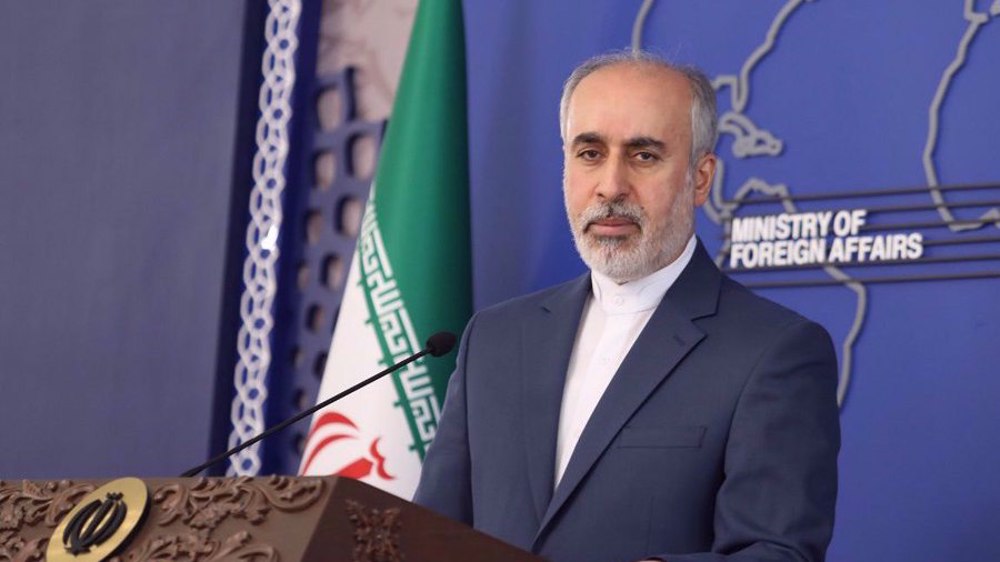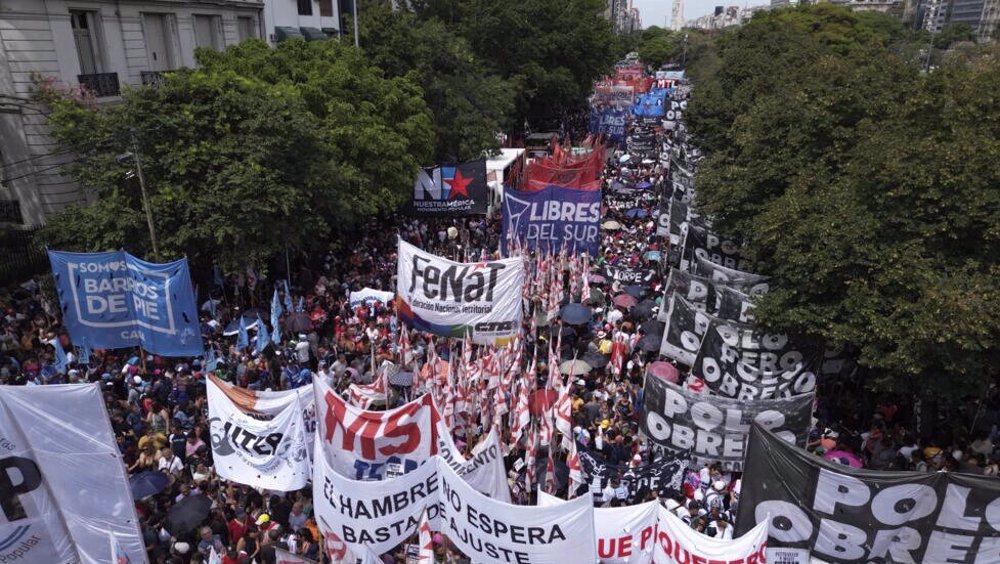Argentina presidential vote heads to runoff
Argentina’s presidential election is headed for a run-off as neither of the main candidates gained enough votes to win the vote outright, partial results show.
With nearly two-thirds of the ballots counted on Monday, opposition candidate Mauricio Macri has garnered 36 percent of the votes, almost neck-to-neck with his rival Daniel Scioli, who has 35 percent.
Scioli is incumbent leftist President Cristina Kirchner’s chosen successor. The governor of the Buenos Aires Province and a former vice president, he will have to face Macri in a second round vote on November 22.
“What happened today will change politics in this country,” Macri said in a speech to supporters on Sunday in an apparent anticipation of a win.
However, Scioli can still overtake Macri as nearly half of the results from his stronghold, Buenos Aires province, had yet to arrive.
To win the presidency in Argentina, a candidate needs 45 percent of votes or at least 40 percent with a 10-percent lead over his closest challenger.
Kirchnerismo on the wane?
Sergio Massa, a former Fernandez loyalist who broke away to form his own political movement, had 21 percent of the votes.
The runoff will be the first ever in Argentina, which adopted a two-round presidential election system in 1973 but had never seen a presidential election go to a second round.
The election marks the end of 12 years of “Kirchnerismo,” a notion which refers to the presidencies of the incumbent president and her late husband and predecessor, Nestor Kirchner.
The Kirchners presided over a remarkable economic turnaround that saw an average annual growth of more than eight percent during Nestor’s presidency.

They were both credited by supporters with protecting industry, helping the poor and working class and reviving growth.
However, the pair faced criticism for their economic policies, too. According to the International Monetary Fund (IMF), the South American country will be facing recession next year.
Macri has promised to do away with the Kirchners’ legacy of protectionism and boost the country’s stagnant economy while Scioli has vowed gradual change, saying that he will stick with Kirchner’s popular welfare programs.
Israel kills 5 more paramedics in southern Lebanon: Health ministry
Iran to launch ‘new, advanced’ centrifuges in response to IAEA resolution: AEOI
Yemen fires hypersonic missile at Israeli airbase
VIDEO | New Delhi chokes under toxic smog as air quality remains at hazardous levels
VIDEO | Press TV's news headlines
VIDEO | ICC's arrest warrant for Netanyahu to worry Western politicians: Former British diplomat
Iranians protest against Israel after Netanyahu ICC warrant
Germany undecided on complying with ICC arrest warrants for Israeli war criminals










 This makes it easy to access the Press TV website
This makes it easy to access the Press TV website